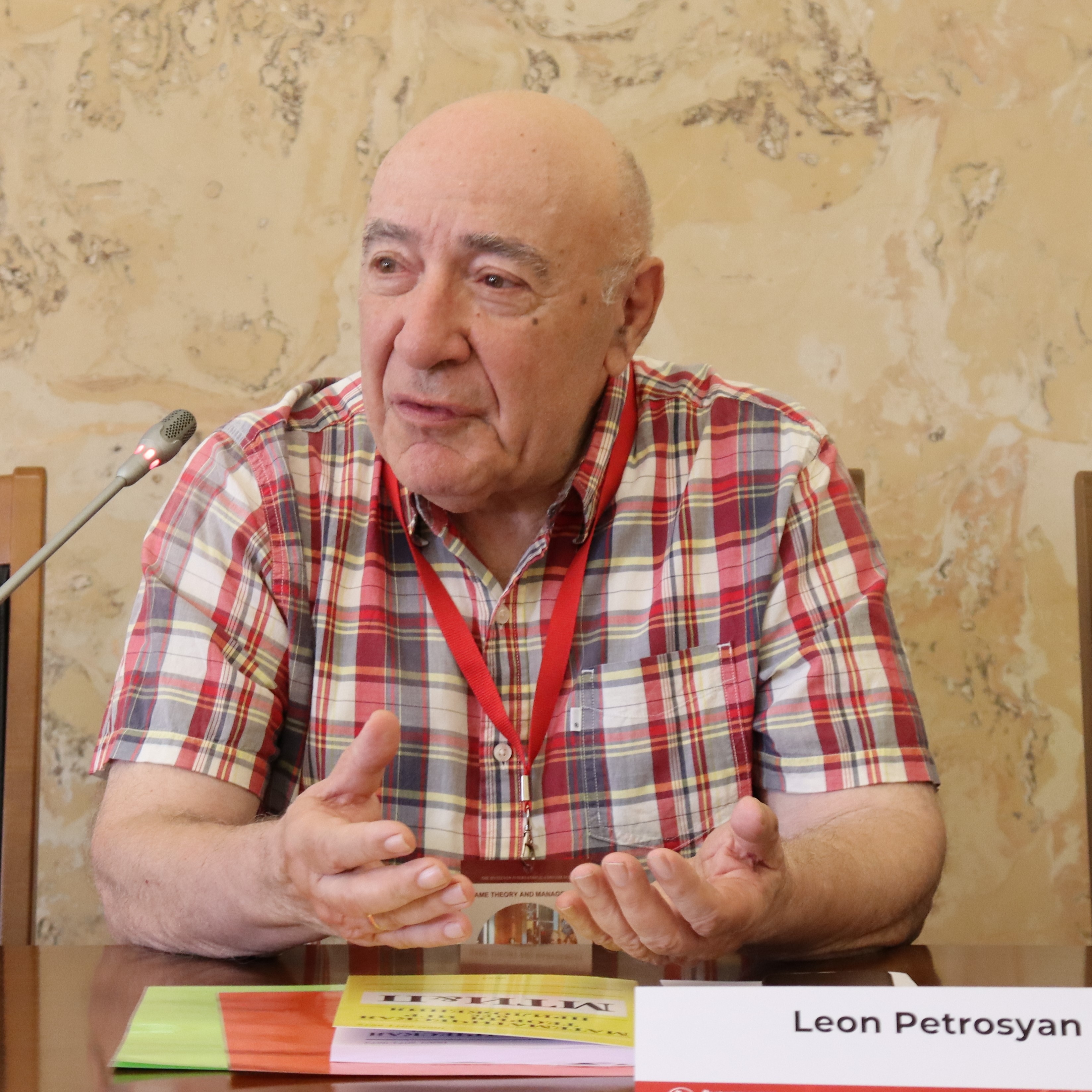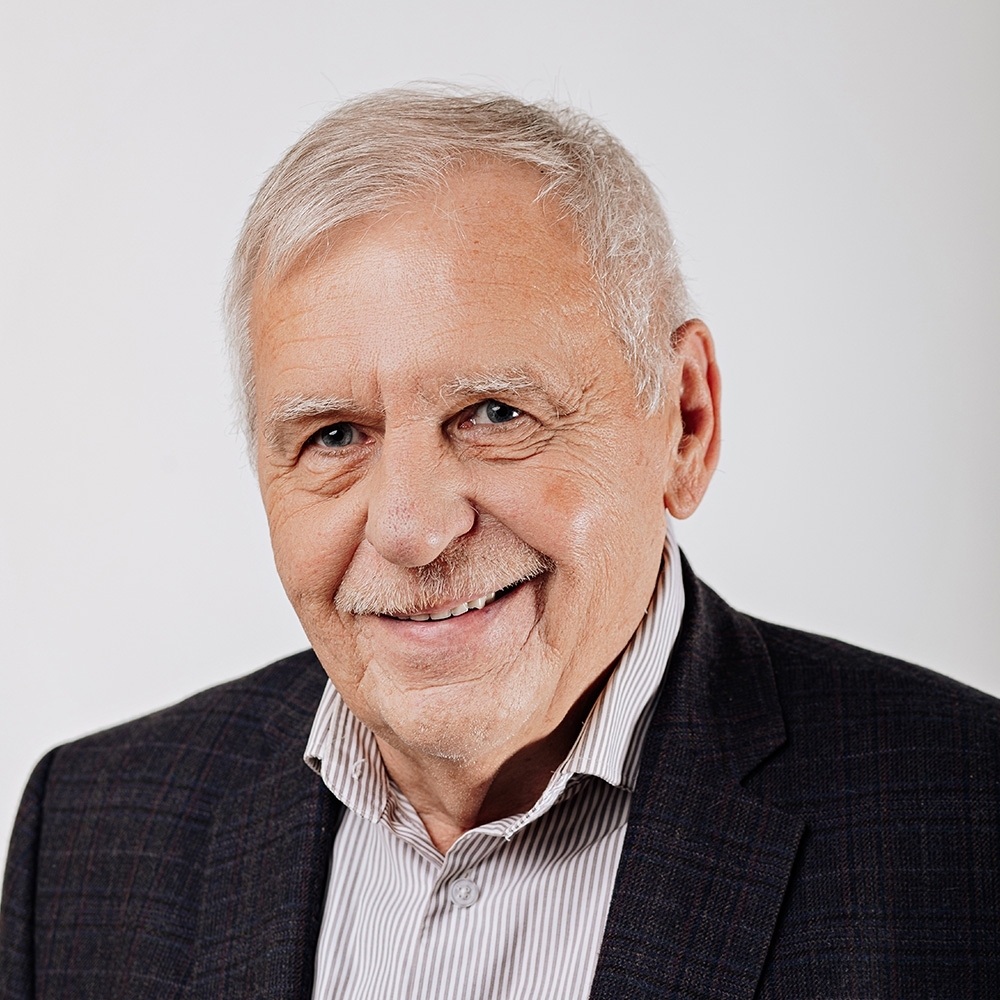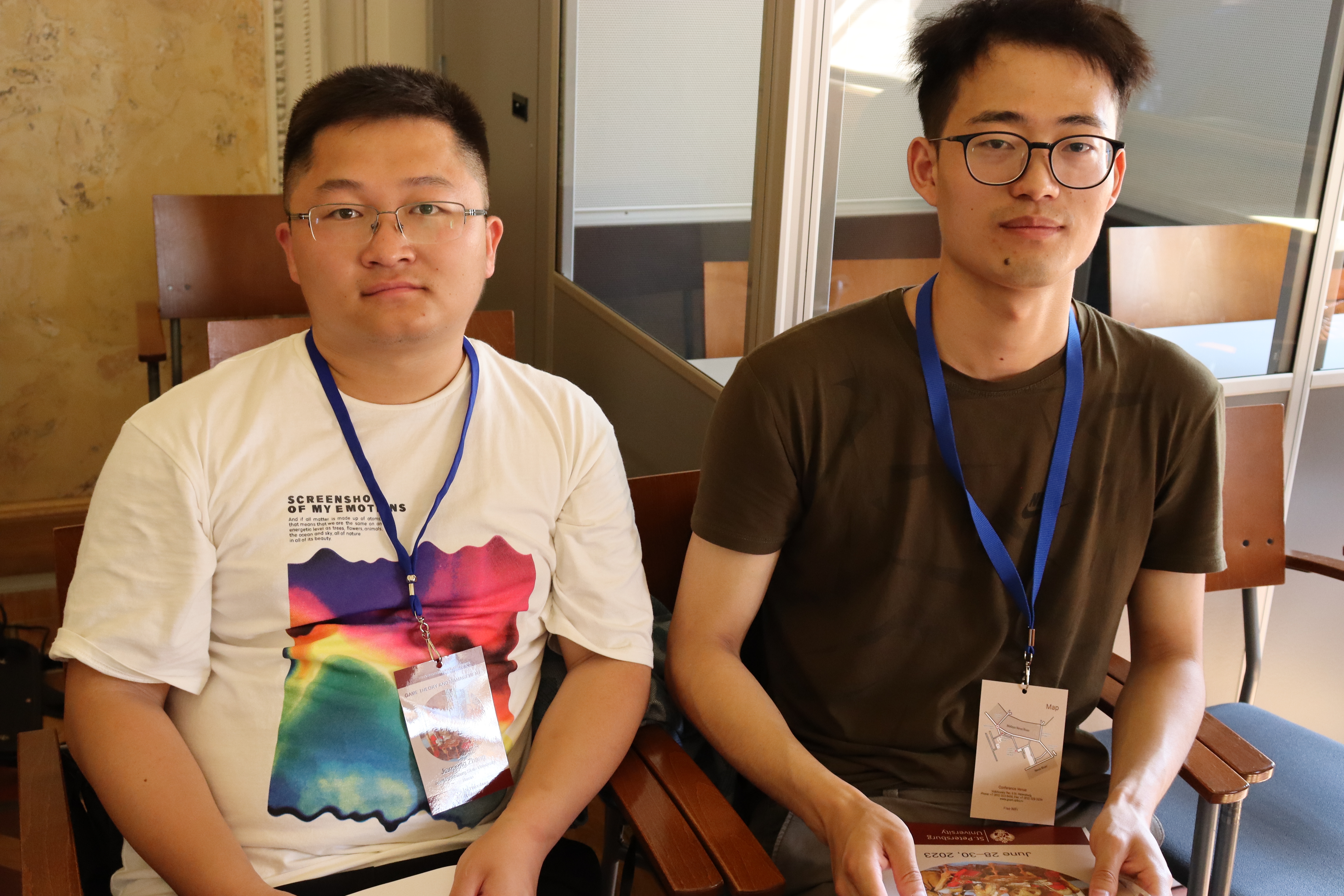5 July 2023
From June 28 to July 30, the XVI International Conference "Game Theory and Management" ("Game Theory and Management", GTM2023) was held at St. Petersburg State University. The event was held in person for the first time after a four-year break.
The organizers of an important scientific event in the field of game theory in Russia were traditionally St. Petersburg University represented by the Graduate School of Management and the Faculty of Applied Mathematics - Control Processes and the Russian branch of the International Society for Dynamic Games. 85 reports from 148 authors were submitted for participation in the conference. The program committee selected 80 of the most interesting papers. 77 authors of the selected reports took part in the conference, where 29 were foreign participants.
This year, 5 leading experts in the field of game theory and its application in management, professors: David Yeung (Hong Kong Xuyan University, Hong Kong), Mabel Tidbal (National Research Institute of Agriculture, Food and Environment, France), Alexander Tarasiev and Vladimir Ushakov (N.N. Krasovsky Institute of Mathematics and Mechanics, Ural Branch of the Russian Academy of Sciences, Yekaterinburg, Russia), Andrey Leonidov (P.N. Lebedev Physical Institute, Russian Academy of Sciences, Moscow, Russia).


“Game Theory and Management is the only annual international conference on game theory and its applications in management in Russia. Such major scientific events usually take place less frequently, once every four years, but we have been holding such a conference annually for 16 years now and the interest is traditionally high, the halls of plenary and breakout sessions are filled, both eminent scientists and young people are actively participating,” said Leon Petrosyan, Professor , Head of the Department of Mathematical Game Theory and Statistical Solutions, Dean of the Faculty of Applied Mathematics and Control Processes, St. Petersburg State University.
|
Game theory is a branch of applied mathematics that studies decision-making models in the context of a conflict of parties, where a conflict is understood as any interaction of two or more participants traditionally called players, each of them makes a decision in pursuit of its own interests. |


“An important feature of this conference is the practical focus of the discussed results of theoretical research,” says Nikolai Zenkevich, Associate Professor, Head of the Department of Operational Management at St Petersburg University. The main questions of game theory are what the mathematical model of the conflict under study is (what kind of game), what should be understood as the optimal behavior of the participants (what principle of optimality), how to build the optimal (in the chosen sense) solution, and under what conditions the participants in the conflict will implement optimal behavior in practice . Game theory is used in economics, management, ecology, healthcare, military affairs, in various fields of knowledge and human activity, however for its successful application you need to know the conceptual foundations of the theory and have the mathematical background whicu is necessary for understanding.
For example, in her sectional report, Natalia Nikitina, Senior Researcher at the Karelian Research Center of the Russian Academy of Sciences, presented a study on the optimization of transport systems in the city of Petrozavodsk. “In game theory, players can act selfishly and solve their own problems, or they can act collectively. It is also very important in transport tasks — if each motorist chooses a route for himself from his personal needs, it can greatly overload some common street and thereby complicate the overall transport situation in the city. Game theory allows solving such problems, but in practice it can be used, for example, in a navigator system that offers path options that are beneficial to all participants in the movement, where the navigator will direct some driver along one route and the other — along a different route.
“The path to the practical application of research results is not very simple,” says Alexander Vasin, professor at the Department of Operations Research at Moscow State University, “if only because it is a process of agreements with people from various industries. However, game theory is an important tool for analyzing opinions, social and economic processes. For example, I spoke recently on the topic of research at an industry seminar organized by the Electricity Market Council. I received a resolution to continue research in the field of energy storage. Now night energy is cheaper than day energy, and different types of storage devices have appeared, for example, batteries. Imagine that you are an entrepreneur and you have a fairly large energy expenditure. To reduce costs, you start charging your batteries at night at a lower cost. Then the question arises: which batteries will be more profitable to buy? Accurate calculations in such problems give interesting results and allow us to raise the question of both optimizing the market as a whole and what can be recommended to individual categories of consumers.”
Alexander Nesterov, Associate Professor, Head of the International Laboratory for Game Theory and Decision Making at the National Research University Higher School of Economics in St. Petersburg, presented a report on the impact of modern technologies on the dating industry. It turns out that even such aspects of social life can be explored successfully with the help of game theory. “I study the dating market and what has been happening to it in recent years. Now there are more and more people who find a mate late or do not find at all. Modern information technologies increase significantly the possibility for a person to find a partner. However, this is on the surface. On the other hand, these technologies increase competition. It seems that finding a partner to start a family is easier, but at the same time it is much more difficult to be the most suitable partner. Game theory gives us the concept of solving a problem. Imagine that there are many women and many men, they know each other, the question is: who will form a married couple? We look at the state where everyone has found an acceptable mate, with whom he wants to be more than alone, and we do not have such a man and such a woman who would not make a couple. Then we can analyze whether we like it or not. As search costs decrease and the number of potential partners increases, it turns out that we like this result less and less. There is still a lot of research to solve the problem, and theorists do not yet offer an acceptable solution, but the information is important itself. Game theory is also very valuable because it provides reliable answers to questions that are very important for society.”
|
In total, 67 section reports (some of them co-authored) and 5 plenary reports were made at the conference. Russian participants represented 10 cities and 16 largest universities of the country. Foreign participants came from countries such as China, Uzbekistan, France, USA, Senegal, Italy and Indonesia. |
Su Shimai from China studies Mathematics at St Petersburg University and finds such high-level conferences very useful for sharing experiences with colleagues and learning about the latest achievements. “Game theory is a very interesting area that can be practically used in international environmental agreements. Now the developing countries are urging the developed countries to work with them. Developing countries have their own strategies, but do not have the financial strength and technology of developed countries. They need to develop green energy technologies or find the money to buy them. More than a hundred countries in the world are in this position — a grand coalition. Defining strategies for cooperation between developed and developing countries we must take into account that developed countries may not be satisfied with the financial component and stop cooperation with developing countries. To solve the problem of the practical organization of such cooperation, we apply game theory.”

The uniqueness of the conference "Game Theory and Management" lies in the fact that both specialists in the theory of both games and dynamic games take part in it at the same time, and therefore it is supported by both international societies: the International Society for Game Theory and the International Society for Dynamic Games.
Based on the results of the GTM2023 conference a decision was made to organize and hold the XVII International Conference "Game Theory and Management" (GTM2024), which will be held at St Petersburg University from June 26 to June 28, 2024 and will be dedicated to the 300th anniversary of St Petersburg University. This decision has already been approved by the GTM2024 International Program Committee.
PHOTO GALLERY
При использовании данного сайта Вы подтверждаете свое согласие на использование ВШМ СПбГУ cookie файлов. С подробной информацией Вы можете ознакомиться, перейдя по ссылке.